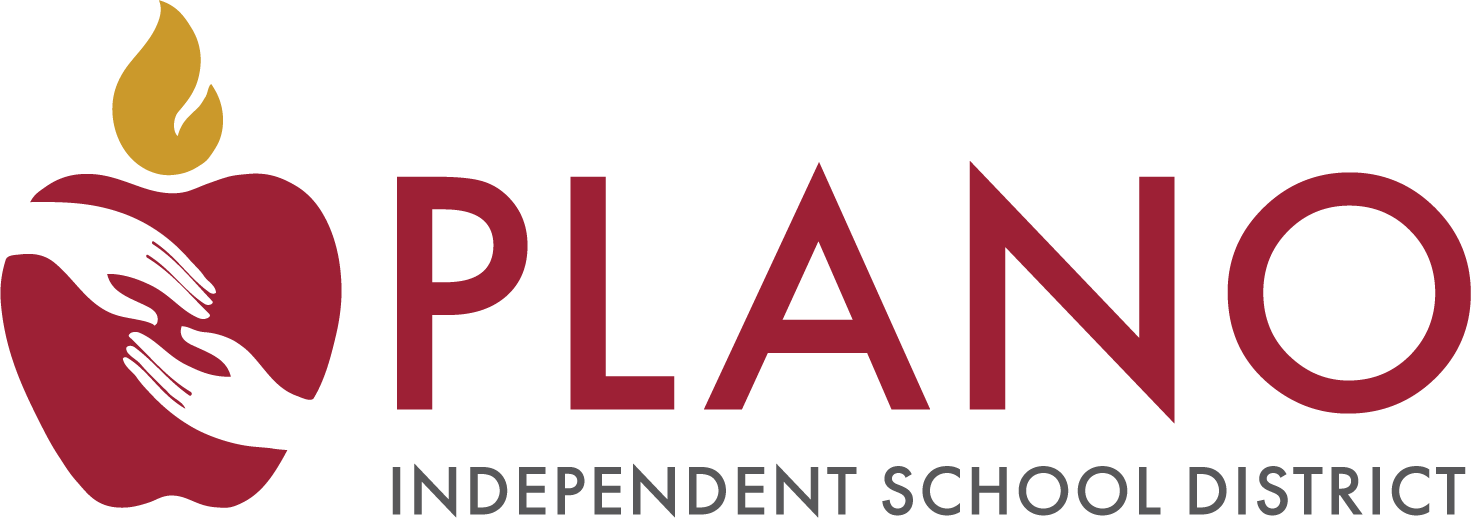Next week, multiple committees will hear public education-related bills in the House. HOUSE PUBLIC EDUCATION - HB 6 addresses many discipline related issues found in Chapter 37. The bill:
- clarifies that the three-day limit on suspension applies only to out-of-school suspension
- expands the reasons for which students in grades below third grade can be placed in out of school suspension to include conduct that threatens immediate health and safety of other students in the classroom or conduct that results in repeated or significant disruption to the classroom
- removes the requirement to place students in DAEP for possessing, using, selling giving, or delivering to another person an e-cigarette
- makes certain misdemeanor conduct subject to mandatory DAEP placement, including certain weapons offenses
- makes conduct subject to a mandatory expulsion if it occurred on school property or at a school sponsored or school-related activity also subject to a mandatory expulsion even if it did not occur on school property or at a school sponsored or school-related activity
- allows districts to place expelled students in virtual or in person DAEP or a juvenile justice alternative education program and provides ADA for these students
- creates an expedited process to allow a district to request a court order to remove a special education or 504 student from their educational setting if a threat assessment determines the student’s presence is substantially likely to result in physical harm
- requires the court to decide on the request within five days if the district provided substantial evidence to satisfy requirements and, if so, may order the district to remove the student from the current educational setting
- requires the court to consider results of a threat assessment conducted, any findings made by the ARD committee or 504 committee and any other relevant information
- HB 27 replaces the currently required economics course with a personal financial literacy course and makes economics a year-long course that can satisfy one of the required social studies credits
- HB 123 addresses early literacy and numeracy, including adding new requirements and funding for school districts
- HB 210 prohibits vendors from bidding on or receiving a contract from a school district if a board member of the district owns, or is a member of the immediate family or a grandchild or grandparent of someone who owns, more than 10% voting interest in the vendor or has a participating interest in more than 10% of the profits of the vendor
- HB 213 designates a student who is absent from school for more than 10% of the minutes within a school year or a six-week period as a student at risk of dropping out of school and requires school districts to report the number of chronically absent students enrolled via PEIMS
- HB 222 allows school safety allotment funds to be used to provide professional development related to behavior management
- HB 610 limits severance payments for superintendents to six months' salary and benefits
- HB 1085 requires the SBOE, together with the Parks and Wildlife Department, to develop a lifetime recreation and outdoor pursuits course, including hunter education, that a school district may offer to satisfy PE credits
- HB 1481 requires school districts to adopt a policy prohibiting student use of cell phones during instructional time and requires school districts to provide a secure, out-of-sight storage area for phones
HOUSE INTERGOVERNMENTAL AFFAIRS - HB 762 limits severance payments to employees or contractors of political subdivisions to 20 weeks' pay, excluding paid time off or accrued vacation leave, prohibits severance pay when the employee or contractor is terminated for misconduct, and requires the posting of severance agreements on the political subdivision's website
SENATE So far, the Senate Education K-16 Committee has not posted a hearing for next week, but it is expected to meet on Tuesday. |
|
|
| - 8,344 total bills filed
- 1,365 public education bills filed
- 160 bills related to property taxes
- 153 bills related to school district governance
- 99 bills related to school finance
|
|
|
Bills are prioritized based on the expected impact to the district or the level of public attention garnered by the bill, not based on the preferences of the district. High priority bills are either a state leadership priority, related to a Plano ISD legislative priority, would require significant resources to implement a change in district policy, practice, or procedures, or would otherwise significantly impact the district. |
|
|
| Every session, the deadline to file bills is 60 days after the first day of session. Today is the bill filing deadline for this session, so of course there is a flurry of last-minute bills filed in an attempt to be considered during this session. As a result, there were several house priority bills filed this week, including: - HB 124 (Bonnen), which would increase the school safety allotment to $14 per person and $37,000 per campus.
- HB 122 (Schoolcraft), which would require school districts to have open enrollment policies and accept out of district transfers subject to capacity limits.
- HB 121 (King), which would require school districts to renew their good cause exceptions related to the armed security officer requirement every 5 years
The first 150 bills in the House are speaker priority bills.
Last Tuesday, the House Public Education committee heard almost 21 hours of testimony on HB 3, the Education Savings Account bill, lasting until 6:30 AM the next day.
|
|
|
If you were forwarded this email and you would like to be added to the distribution list for our newsletters, you can sign up here. |
|
|
|






